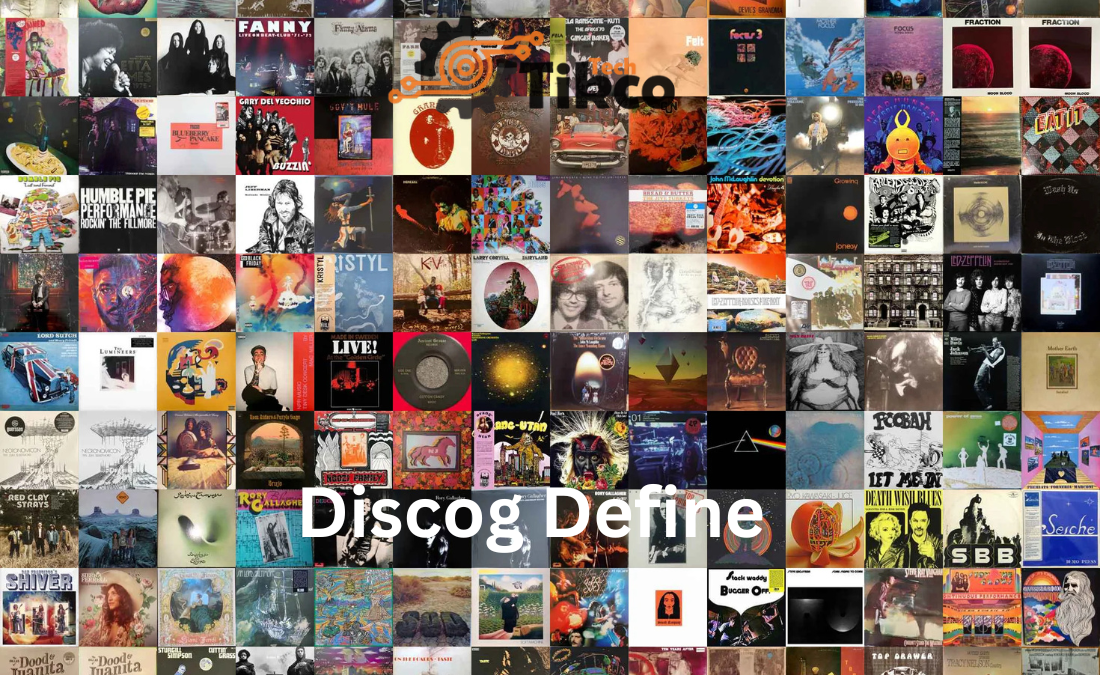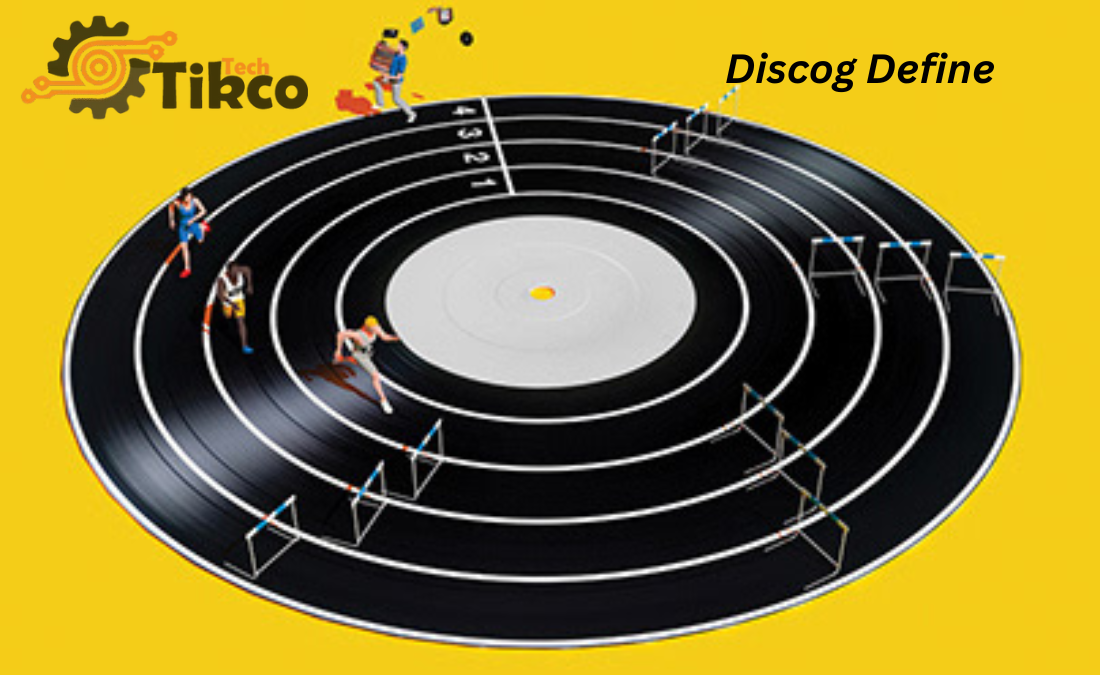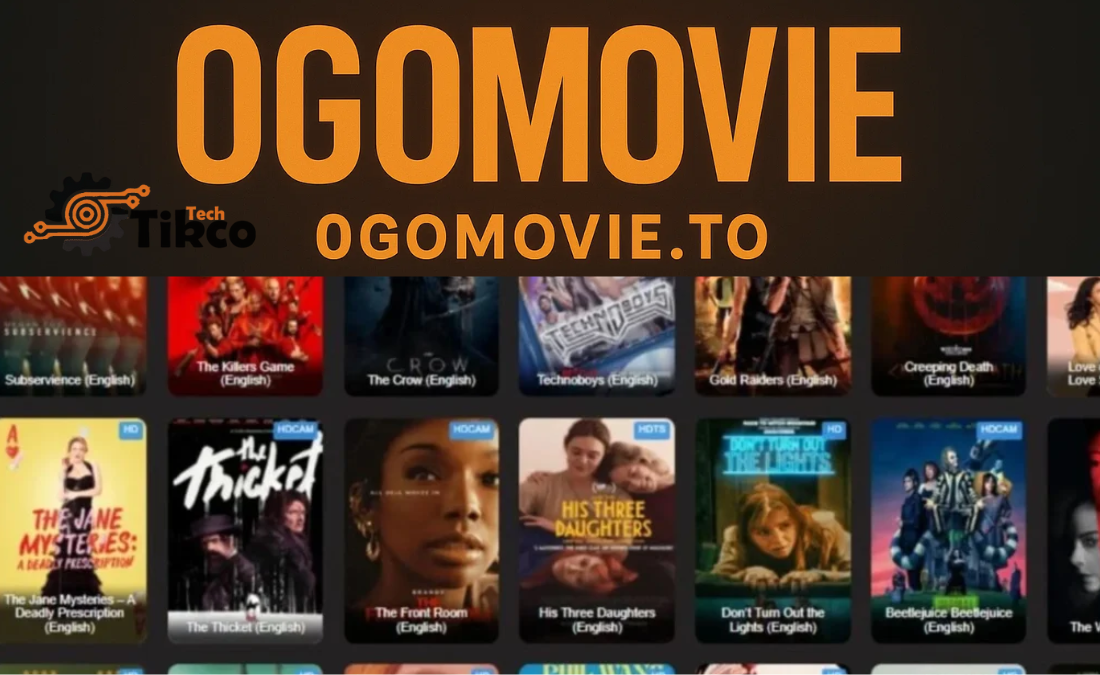In the digital era, where music collections and online databases shape the way we experience songs, the term “Discog Define” often comes up in conversations. Many people hear this phrase and wonder what it truly means. To address this, we need to explore the idea of “discog,” where it comes from, and how it relates to the broader world of music. In this article, we will discog define step by step, analyze its applications, and explain why it has become such an essential concept for music lovers and researchers alike.
Discog Define: The Origin of the Word
When we break down the term “discog,” it is actually a shortened version of “discography.” The word discography originates from two roots:
- Disco, meaning “disk” or “record.”
- Graphy, meaning “a written account” or “study of.”
Therefore, discography literally translates to the written or documented listing of recordings by a particular artist, band, or within a genre. To discog define in its simplest sense: it is the comprehensive listing of music releases, such as albums, singles, compilations, and sometimes even unreleased material.
Discog Define in Music History
To fully understand the term, let’s step back into music history. During the early 20th century, as records became commercially popular, collectors and fans started cataloging releases. These catalogs often included details like:
- Artist name
- Release year
- Track listings
- Record label
- Edition or pressing information
This early system of cataloging became known as discography. As time passed, the process grew more refined, especially in jazz and classical music communities, where the history of each recording carried significant value. Thus, when we discog define historically, it represents not just a list, but a cultural and historical archive of sound.
Discog Define: The Role of Online Platforms
Today, the term “discog” is most closely linked with the popular online platform Discogs.com. Founded in 2000, Discogs is a vast user-generated database that allows collectors, fans, and professionals to contribute information about music releases. This digital space has transformed the way we view discographies.
When we discog define in the modern sense, it often means to reference or explore the database of Discogs, where millions of releases are cataloged. The site includes:
- Vinyl records
- CDs
- Cassettes
- Digital releases
- Rare editions and bootlegs
This modern interpretation of “discog” demonstrates how technology redefines traditional terms while keeping their core essence intact.
Discog Define: Why It Matters to Collectors
Collectors and audiophiles rely heavily on discographies to track, authenticate, and expand their music collections. To discog define in this context means providing a reliable reference point to verify:
- First pressings vs. reissues
- Regional differences in releases
- Limited edition prints
- Accurate pricing and market value
Without discographies, the music-collecting community would face chaos and confusion. A collector searching for a rare jazz record, for example, can rely on discogs to distinguish between original pressings and later re-releases.

Discog Define: Academic and Cultural Importance
Beyond collecting, discographies play a vital role in musicology and cultural research. Scholars use them to:
- Trace the evolution of an artist’s career.
- Understand trends within musical genres.
- Document the influence of labels and producers.
- Preserve cultural history through sound recordings.
When we discog define academically, it means creating a comprehensive, systematic study of recorded music that serves both historical and cultural purposes.
Discog Define in the Digital Age
In today’s streaming-dominated world, many argue that discographies are less relevant, since people often focus on playlists rather than albums. However, discographies still matter because they:
- Provide structure to an artist’s body of work.
- Allow fans to appreciate full albums rather than just singles.
- Offer insights into artistic development across time.
To discog define in the digital era is to emphasize that context matters—music is not just about individual songs but about the broader story they tell through structured releases.
Discog Define: Examples Across Genres
Different genres of music use discographies in unique ways. Let’s explore a few examples:
- Jazz: Jazz discographies are highly detailed, often including session musicians, recording dates, and even improvisation notes.
- Rock and Pop: Here, discographies help track mainstream albums, singles, and chart success.
- Electronic Music: DJs and producers rely on discographies to document limited vinyl pressings and underground releases.
- Classical: Discographies focus on recordings of specific works, conductors, and orchestras across decades.
Thus, when we discog define across genres, we see it adapts to different needs but always maintains the goal of cataloging and preserving.
Discog Define: Challenges and Limitations
Despite its importance, discographies face challenges:
- Completeness – It is nearly impossible to document every single recording ever made.
- Accuracy – User-submitted platforms like Discogs may contain errors or duplicate entries.
- Accessibility – Some rare or regional recordings are difficult to verify.
Therefore, when we discog define, we must also recognize its limitations as a human-created system. No discography is perfect, but it strives to be as accurate as possible.
Discog Define in the Future
Looking ahead, discographies are likely to expand even further with the help of artificial intelligence and blockchain technology. Future possibilities include:
- Automated cataloging of digital releases as soon as they are published.
- Blockchain verification to authenticate rare pressings.
- AI-powered recommendations based on discography data.
To discog define in the future sense means evolving into a smarter, more interconnected global system of musical preservation.
Conclusion: Discog Define in a Modern Context
To conclude, when we discog define, we uncover a term that goes beyond a simple definition. At its core, it refers to the comprehensive cataloging of recorded music, but in practice, it encompasses cultural preservation, collector value, academic research, and digital innovation. From vinyl shelves of the past to massive online databases of today, discographies remain central to how we understand music as a timeline, a history, and an art form.




